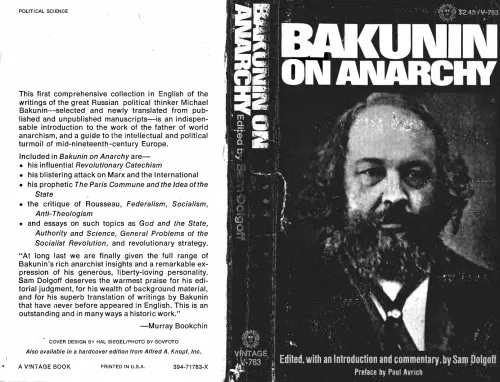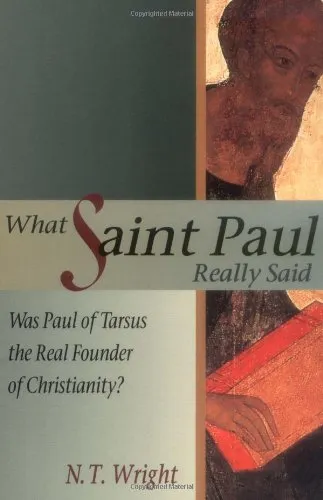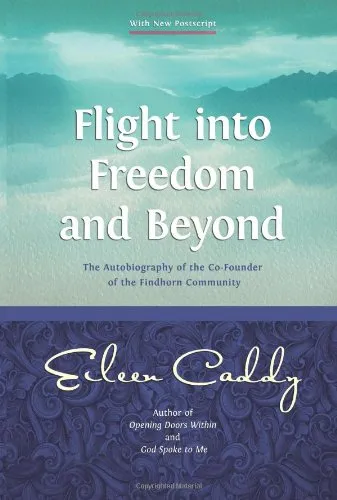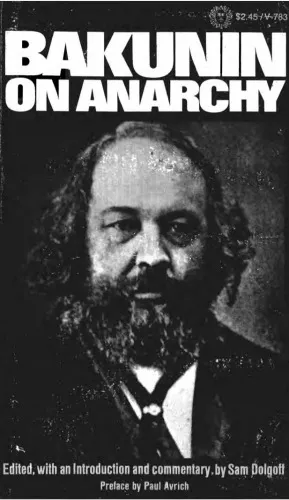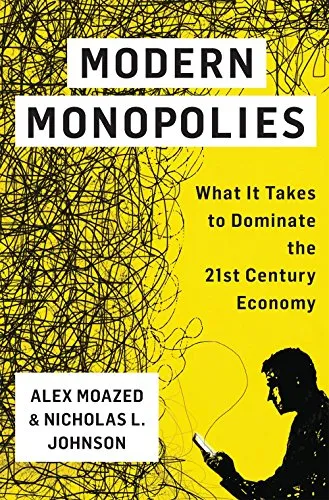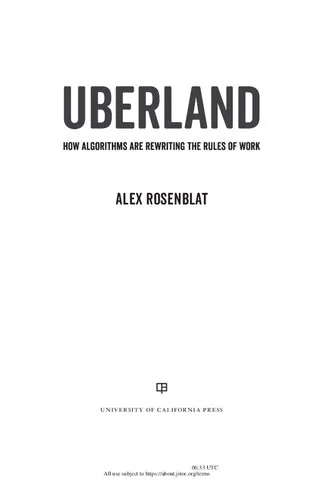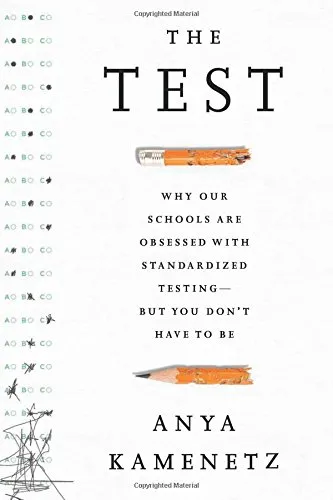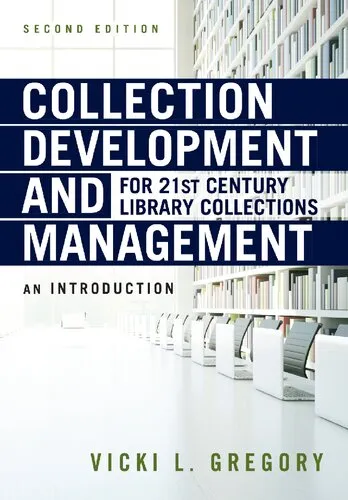Bakunin on anarchy: A new selection of writings nearly all published for the first time in English by the founder of the world anarchist movement
3.0
Reviews from our users

You Can Ask your questions from this book's AI after Login
Each download or ask from book AI costs 2 points. To earn more free points, please visit the Points Guide Page and complete some valuable actions.Related Refrences:
Introduction
This profound collection, 'Bakunin on Anarchy,' is a pivotal work that captures the essence and intellect of Mikhail Bakunin, one of the foundational figures in the world anarchist movement. Carefully curated by Sam Dolgoff and Paul Avrich, it presents a comprehensive gallery of Bakunin's writings, many of which are introduced to the English-speaking world for the first time. This book serves not just as a repository of historical texts, but as a manifesto for political thought and social justice that continues to resonate in contemporary discourse.
Detailed Summary of the Book
‘Bakunin on Anarchy’ casts a revealing spotlight on Bakunin's revolutionary ideas. It is framed around the notion that true freedom comes from the absence of governing states or command, illustrating that the road to peace and freedom is through natural social orders without hierarchical oppression. Through essays, letters, and pamphlets, Bakunin's philosophy is expressed with lucidity and passion, reflecting his relentless opposition to authoritarianism. The book includes Bakunin's intellectual opposition to Marxism, his advocacy for collective ownership, and his vision of an egalitarian society free from the chains of state and capitalist exploitation.
Key Takeaways
1. Rejection of Authority: Bakunin proposes a society where authority is decentralized, and individuals function based on mutual aid and voluntary cooperation.
2. Critique of Marxism: He sharply criticizes Marxist doctrines, especially the concept of a dictatorship of the proletariat, which he sees as another form of authoritarian rule.
3. Natural Order: Emphasis is placed on natural social orders growing organically from the people rather than being imposed from above.
4. Education as Liberation: Bakunin staunchly advocates for education as a means to enlighten and emancipate the masses, believing it essential for true freedom.
Famous Quotes from the Book
"Freedom without socialism is privilege and injustice, and socialism without freedom is slavery and brutality."
"The liberty of man consists solely in this: that he obeys natural laws because he has himself recognized them as such, and not because they have been imposed upon him externally by any foreign will whatsoever, divine or human, collective or individual."
"In a word, we reject all legislation, all authority, all privileged, licensed, official, and legal influence, even if it emerge from the vote of a universal suffrage, convinced that it can only turn inevitably to the advantage of a dominating minority of exploiters against the interests of the immense majority in subjection to them."
Why This Book Matters
In today's ever-evolving political and social landscape, 'Bakunin on Anarchy' provides an indispensable insight into the ideological roots of anarchism. It challenges readers to contemplate the moral and ethical structures of our society, inspiring a critical evaluation of governmental power and corporate control. Bakunin's foresight in questioning the centralized accumulation of power resonates with current global movements advocating for justice and equality.
The book is not just essential for students of political theory but also for anyone engaged in grassroots movements and social justice initiatives. It underscores the universal struggle for a world where freedom and solidarity triumph over domination and exploitation. Reading Bakunin’s words today ignites a renewed passion for an egalitarian future, making this timeless work an essential read for anyone invested in transformative change.
Free Direct Download
You Can Download this book after Login
Accessing books through legal platforms and public libraries not only supports the rights of authors and publishers but also contributes to the sustainability of reading culture. Before downloading, please take a moment to consider these options.
Find this book on other platforms:
WorldCat helps you find books in libraries worldwide.
See ratings, reviews, and discussions on Goodreads.
Find and buy rare or used books on AbeBooks.
1425
بازدید3.0
امتیاز1
نظر98%
رضایتReviews:
3.0
Based on 1 users review
hendra1
Nov. 16, 2025, 9:55 a.m.
the book is attractive to read in anytime
Questions & Answers
Ask questions about this book or help others by answering
No questions yet. Be the first to ask!
